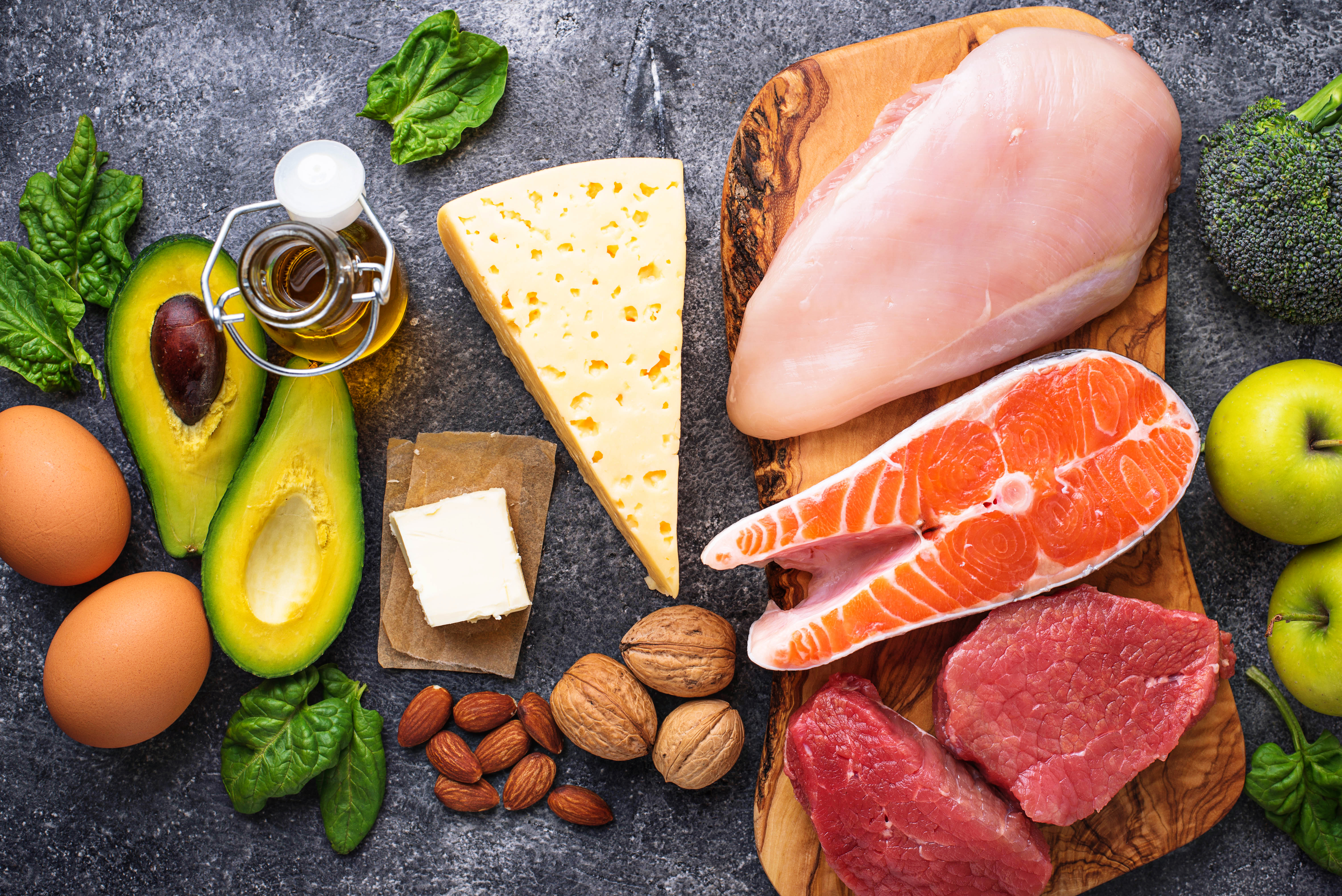
Introduction As Big Ben chimes in the New Year, many of us in the UK find ourselves reflecting on our health and lifestyle choices. The festive season, with its hearty roasts and sweet puddings, often leaves us ready to embrace change. But, as we all know, sticking to New Year's resolutions, especially diet-related ones, is notoriously challenging. This guide is not just about shedding the holiday pounds; it's about embarking on a journey towards a healthier, more sustainable lifestyle.
Understanding UK Dietary Trends In the UK, our diets have evolved significantly. Traditional British fare has been joined by a myriad of international cuisines, reflecting our diverse, multicultural society. Yet, amidst this culinary diversity, there are challenges. The rise in fast food consumption, an increase in processed foods, and a tendency towards high-calorie, low-nutrient meals are concerning trends.
Conversely, there's a growing interest in healthier living. Plant-based diets are on the rise, organic produce is becoming more popular, and there's a renewed interest in cooking from scratch, thanks to celebrity chefs and cooking shows. Understanding these trends can help us set more informed, realistic dieting goals.
Setting Realistic Goals Realistic goal setting is about balance. It's finding that sweet spot between ambition and practicality. For most, a safe and sustainable rate of weight loss is about 1-2 pounds per week. But it's not just about weight loss. It's about setting goals like incorporating more locally-sourced vegetables from your nearest UK market, reducing sugar intake, or cooking more meals at home.
It's also crucial to consider the mental and emotional aspects of dieting. Are your goals coming from a place of self-care or self-critique? Setting goals with a positive mindset can significantly impact your success.
Crafting a Tailored Diet Plan When it comes to dieting, there's no one-size-fits-all solution. This is where crafting a personalized diet plan comes in. Consider your lifestyle, taste preferences, and nutritional needs. For instance, if you're a traditional roast dinner lover, how can you make it healthier? Maybe it's by using less oil, incorporating more veggies, or choosing leaner cuts of meat.
Also, consider the emerging food trends in the UK. How can you incorporate the rising popularity of Mediterranean or South Asian cuisines, known for their use of spices and vegetables, into your diet plan? Balance and variety are key.
Navigating Challenges and Avoiding Burnout One of the biggest challenges in maintaining a diet in the UK is our fast-paced lifestyle, which often makes convenience foods an easy choice. To counter this, planning is crucial. Meal prepping on weekends, having healthy snacks on hand, and learning quick, nutritious recipes can make a big difference.
Another challenge is the social aspect of eating. The UK has a rich pub culture and a love for social gatherings around food. Learning how to navigate these situations—like choosing healthier options or controlling portion sizes—can help you stay on track without feeling isolated.
To avoid burnout, it's important to allow yourself occasional indulgences. Remember, this is a marathon, not a sprint. It's about making sustainable changes, not adhering to a strict, joyless regimen.
Long-Term Success: It's a Marathon, Not a Sprint Adopting a long-term view of dieting is essential. Fad diets and quick fixes might seem appealing, but they rarely lead to sustainable health improvements. Making gradual, sustainable lifestyle changes is key. This means listening to your body, adjusting your diet plan as needed, and not being too hard on yourself for occasional slip-ups.
In this section, we'll share inspiring stories from individuals across the UK who have successfully maintained their health goals over time. Their journeys highlight the importance of patience, perseverance, and adaptability.
Conclusion As you embark on your dietary journey this New Year, remember that every small step counts. You're not just aiming for a temporary change but a lifetime of better health and well-being. With a realistic approach, a tailored plan, and a positive mindset, you can make your New Year's resolution more than just a fleeting commitment. Here's to a healthier, happier you in the coming year!